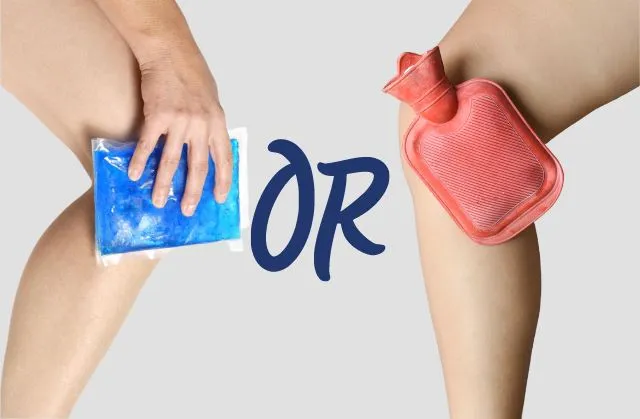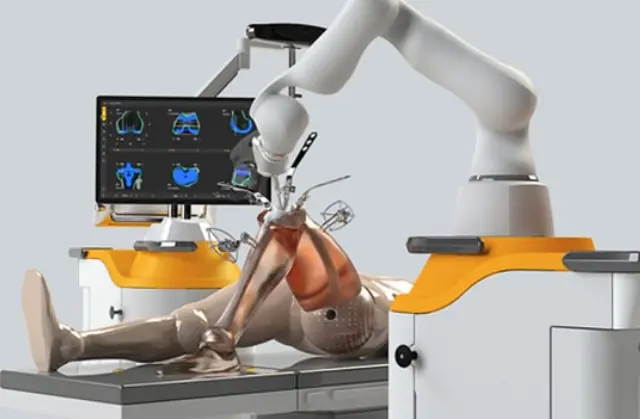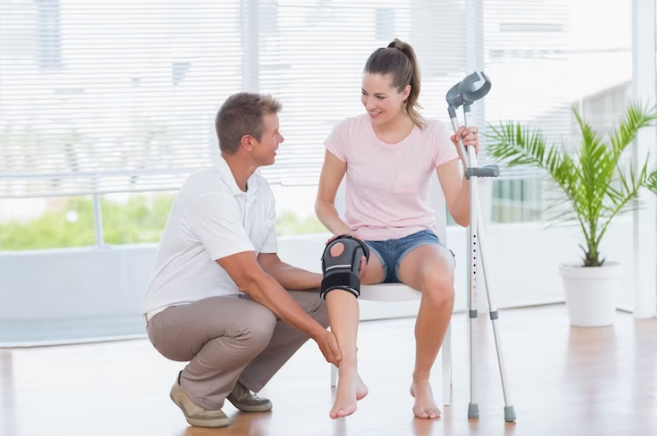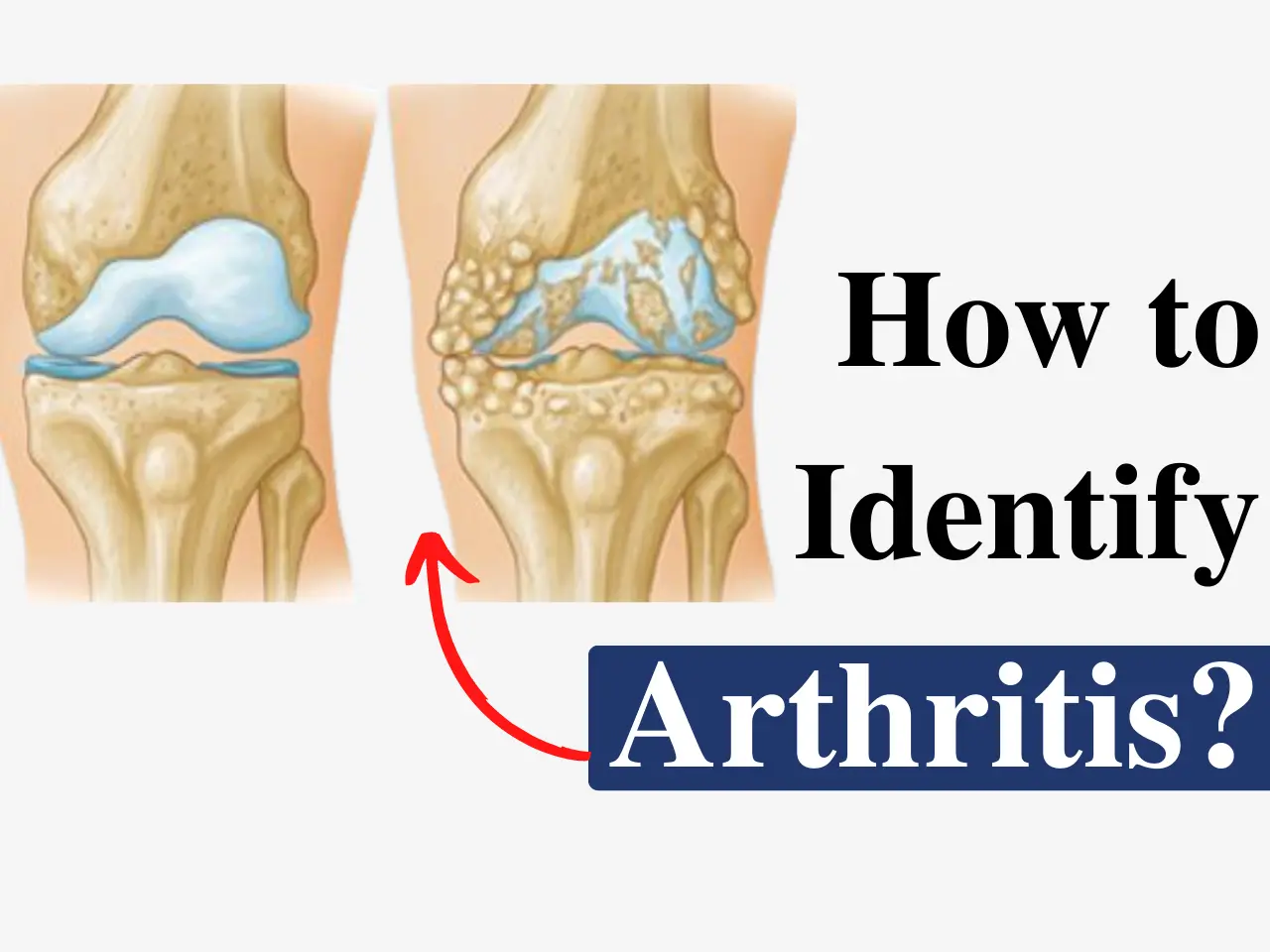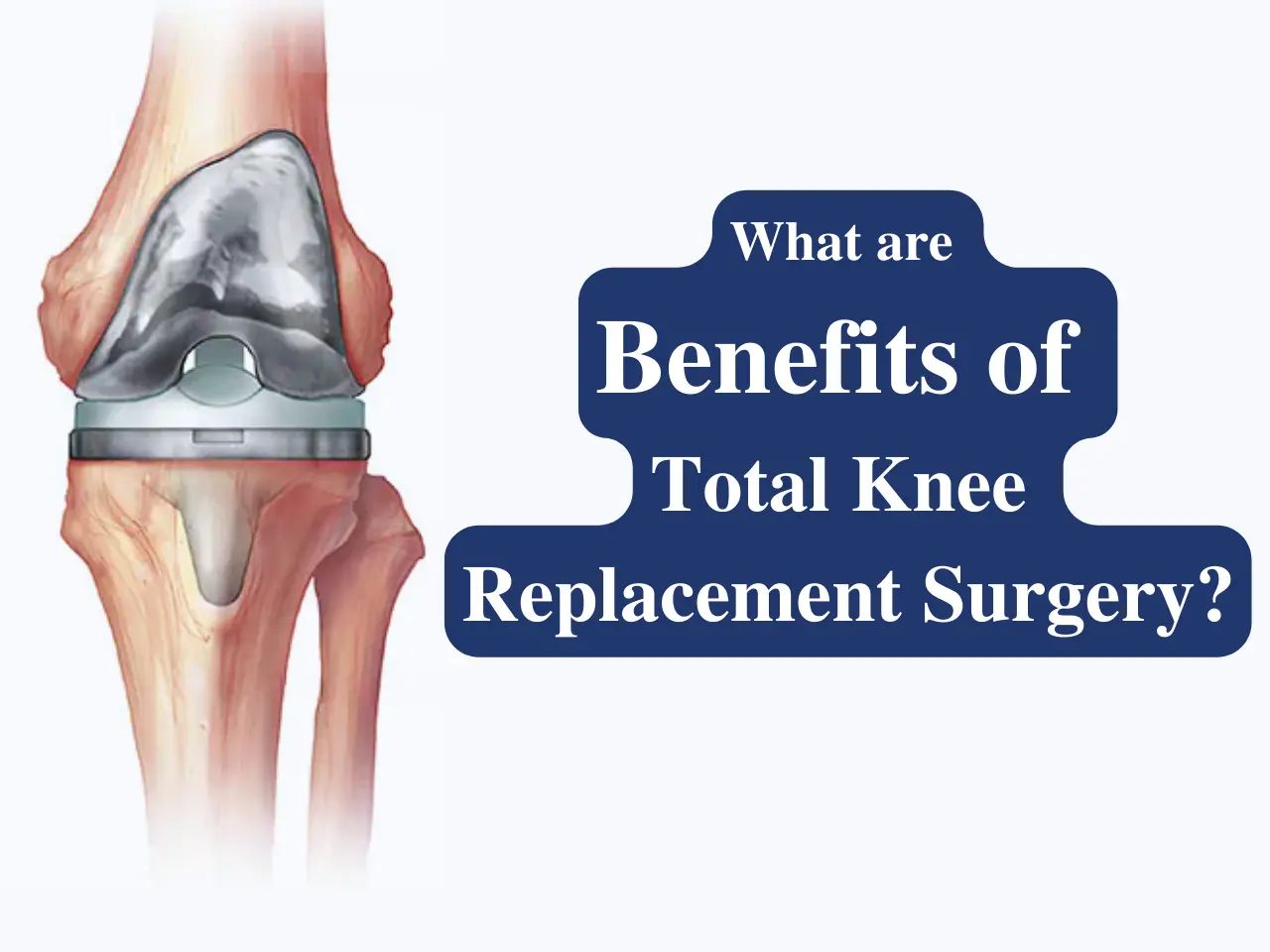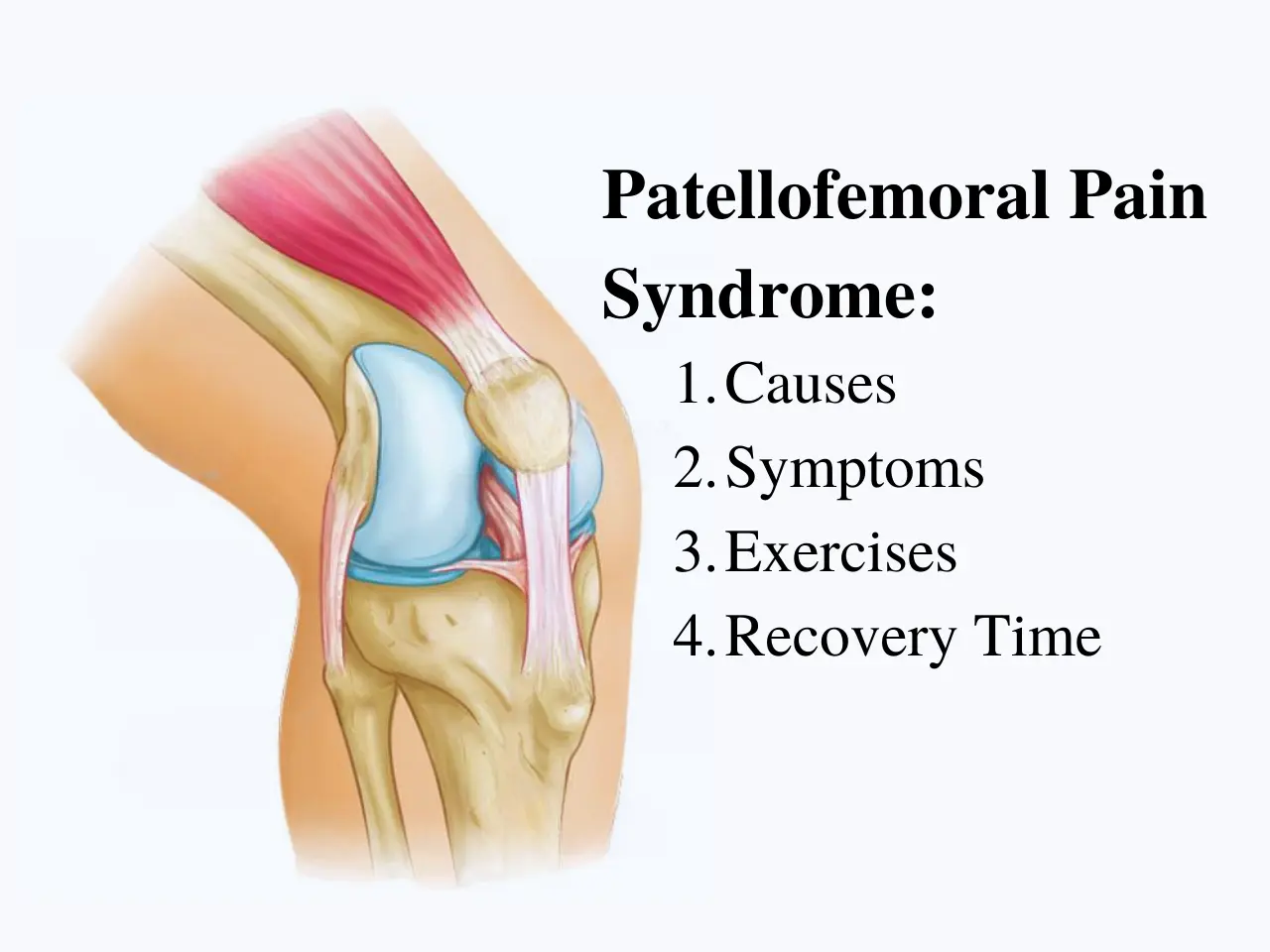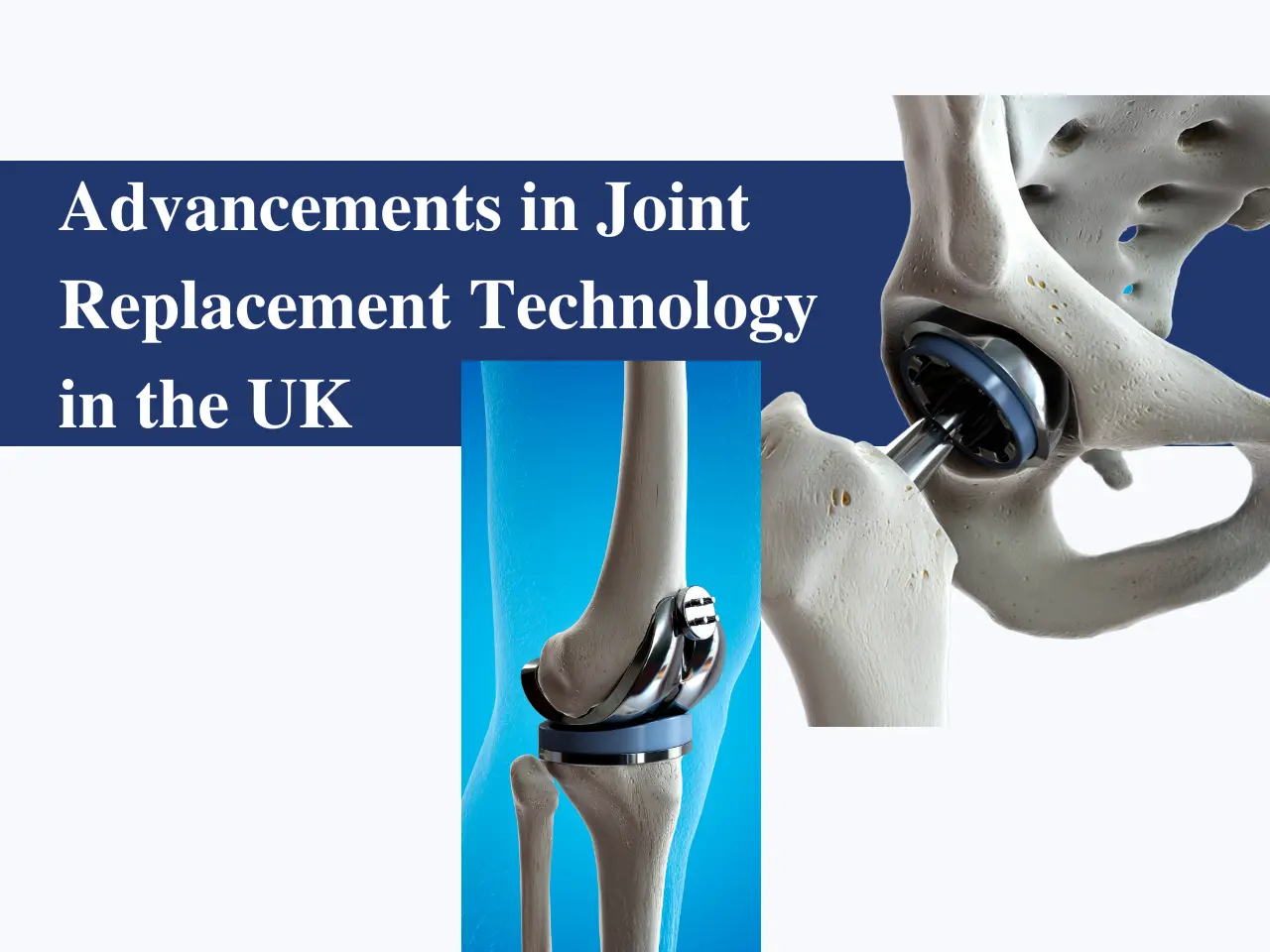Many patients suffering from chronic hip pain asks a common and understandable question: “Have I left it too late for surgery?” The good news is that for the vast majority of people, age alone is not a barrier.
Under the care of an experienced hip replacement surgeon in Cheshire like Mr. Nikhil Pradhan, hip replacement can be a safe and profoundly life-changing procedure at 70, 80, or even 90 years old.
This guide will explore the key factors we consider beyond your birth date to determine if hip surgery in Cheshire is the right path to restoring your mobility and quality of life.
Debunking the Age Myth: There’s No Strict “Cut-Off”
The idea of a fixed hip replacement surgery age limit is an outdated concept. Thanks to remarkable advances in medical technology, surgical techniques, anesthesia, and post-operative care, hip replacement is now safer and more successful for older adults than ever before.
The decision to proceed is never based on a number alone. Instead, it hinges on a careful, holistic assessment of your overall health, fitness, and how much your hip pain is impacting your daily life.
Our primary goal is always to enhance your well-being and independence, regardless of your age.
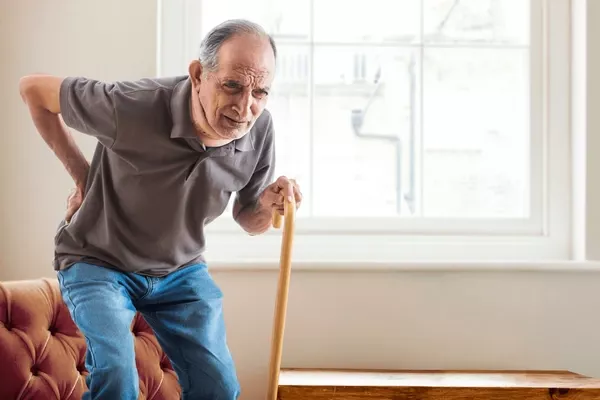
Is 70 Too Old for Hip Surgery?
Absolutely not. For healthy, active individuals, 70 is a good time for a hip replacement. Patients in their seventies typically have the physical resilience to recover strongly and are frequently highly motivated to regain an active lifestyle.
The surgery can successfully alleviate pain, allowing them to return to hobbies, travel, and time with family without the constant limitation of hip pain.
For many, the question isn’t “is 70 too old for hip surgery?” but rather, “how much better could my life be without this pain?”.
Considering Hip Replacement at 90 Years Old
While surgery at an advanced age requires more thorough pre-operative planning and monitoring, hip replacement at 90 years old is increasingly common and can be tremendously successful.
At this stage, the decision often focuses on balancing the risks of surgery against the significant risks of not having surgery.
Immobility can lead to a rapid decline in overall health, including increased risk of heart problems, pressure sores, and social isolation.
For a nonagenarian in reasonable health, a new hip can be a gateway to maintaining independence, reducing pain, and significantly improving quality of life.
What Really Matters: Key Factors Beyond Your Age
Instead of focusing on “how old is too old for hip replacement?”, we shift our attention to these critical health indicators to ensure your safety and surgical success.
Your Overall Health and Fitness
- Cardiovascular and Respiratory Health: A strong heart and lungs are crucial for safely undergoing anesthesia and supporting recovery.
- Bone Quality: We assess your bone density to ensure the new implant will have a stable and durable foundation.
- Management of Chronic Conditions: Well-managed conditions like diabetes or high blood pressure are less of a concern than uncontrolled ones. Our team works with your GP to optimise your health before surgery.
Cognitive Function and Support System
- Understanding the Procedure: The ability to understand the procedure and actively participate in your recovery (e.g., following physiotherapy guidance) is important for a good outcome.
- Post-Operative Support: Having a strong support system at home during the initial weeks of recovery is a key predictor of success. We will discuss your home environment and support network as an essential part of your pre-operative planning.
Recognizing the Right Time: Signs You Need a Hip Replacement
Deciding when to have surgery is often guided by the severity of your symptoms.
If you are experiencing the following signs, you need a hip replacement, it’s time to seek a professional opinion from a specialist like Mr. Nikhil Pradhan, no matter your age.
Impact on Daily Life and Mobility
- Constant, grinding pain that persists even at rest or wakes you up at night.
- Significant difficulty with everyday activities like walking, climbing stairs, or getting in and out of chairs and cars.
- Severe stiffness that limits your ability to bend down or lift your leg, getting dressed is a challenge.
When Conservative Treatments Are No Longer Enough?
Conservative treatments are No Longer Enough when:
- Your pain is not adequately controlled by over the counter or prescription painkillers, anti-inflammatory medications, or steroid injections.
- Treatments such as physiotherapy, use of a cane or walker, and lifestyle modifications no longer provide meaningful relief.
Understanding the Risks: Hip Replacement Complications in the Elderly
While hip replacement is a safe procedure, it’s important to have a transparent discussion about potential hip replacement complications elderly patients may face.
Mr. Nikhil Pradhan and his team prioritise your safety and take every possible precaution to minimise these risks through meticulous planning and technique.
- Blood Clots: We employ a proactive protocol including blood-thinning medication and compression devices worn on the legs during and after surgery to prevent clots.
- Infection: Surgery is performed in an advanced operating theatre with strict sterile techniques, and you will receive antibiotics to drastically reduce the risk of infection.
- Dislocation: Mr. Pradhan uses surgical approaches that maximise stability and will provide you with specific, clear instructions on movements to avoid during your initial recovery.
Medical Complications: A thorough pre-operative assessment with a specialist anaesthetist is mandatory to identify and manage any underlying health conditions well in advance of your surgery.
So, what is the Best Age for Hip Replacement?
Ultimately, the best age for hip replacement is not a specific number found on a calendar. It is the point in your life when your hip pain and loss of function significantly outweigh the risks of surgery, and when the procedure can help you reclaim the independence and activities you value most.
It is a highly personal decision, made collaboratively between you, your family, and your surgical team led by Mr. Nikhil Pradhan.
Your Next Step: A Personalised Consultation in Cheshire
If hip pain is diminishing your quality of life, don’t let concerns about age prevent you from seeking help.
The most important step is to get a professional, expert evaluation from a specialist who understands the nuances of performing joint replacement surgery for patients of all ages.
Why Choose Mr. Nikhil Pradhan for Your Hip Surgery in Cheshire?
- Expertise and Recognition: Mr. Nikhil Pradhan is one of the region’s most trusted and recognised orthopaedic surgeons for total hip replacement, bringing a wealth of experience and a proven track record of successful outcomes.
- Personalised, Compassionate Care: He believes in taking the time to listen, understand your unique situation and address all your questions and concerns. Your treatment plan is tailored specifically to your health status and personal goals.
- Comprehensive Support System: From your initial consultation through surgery, rehabilitation, and full recovery, you will be supported by a dedicated and compassionate team focused entirely on achieving the best possible outcome for you.
Don’t let age-related concerns keep you living in pain. Schedule a confidential consultation with Mr. Nikhil Pradhan, a leading hip replacement surgeon in Cheshire, to discuss your candidacy for hip surgery in Cheshire.
Mr Pradhan has operated at Spire Cheshire and Spire Manchester and has access to intensive care unit (ICU), This allows for high risk patients to be undergo their surgery with utmost care.
Contact our clinic today to take the first step toward a more active, confident, and pain-free life.
Frequently Asked Questions (FAQs):
- What is the best age for hip replacement?
Most patients undergo surgery between 50–80 years, but suitability depends on overall health and activity goals. - How old is too old for hip replacement?
There is no strict limit; age alone rarely excludes someone from surgery. - Is 70 too old for hip surgery?
Not necessarily. Many patients over 70 experience excellent outcomes with modern techniques. - Can you have a hip replacement at 90 years old?
Yes, if the patient is medically fit, surgery can restore mobility and reduce pain. - What are the main signs that indicate you need a hip replacement?
Persistent pain, stiffness, difficulty walking, and lack of improvement with non-surgical treatments. - Are there serious hip replacement complications in elderly patients?
Risks exist but can be minimized with an experienced surgeon and advanced surgical techniques. - Is there a hip replacement surgery age limit?
No fixed limit; each case is assessed individually.



